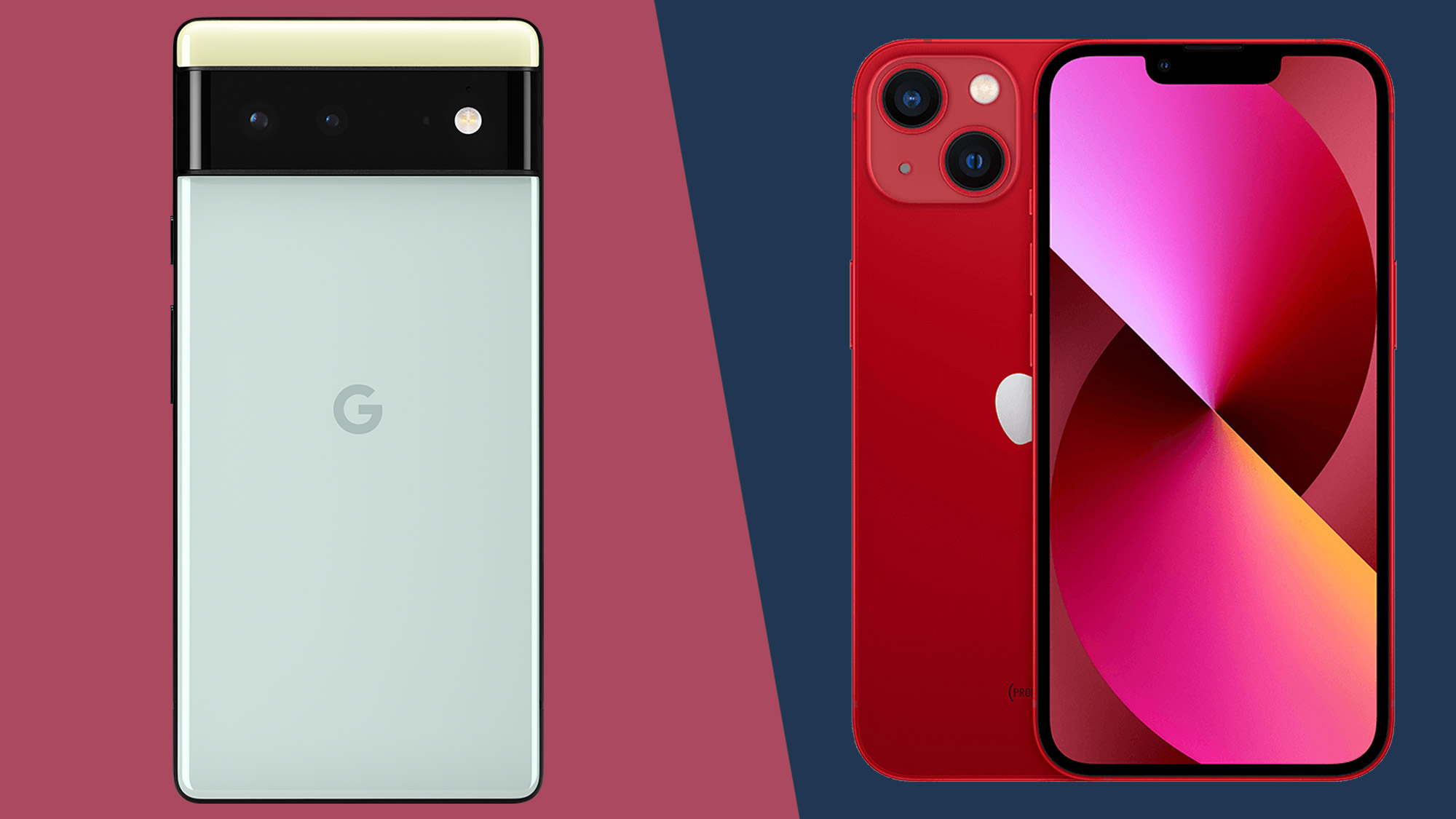What is RCS, and why is Google asking Apple to repeatedly embrace it?
Opinion: Missing the bigger picture

Since iOS 5 back in 2011, Apple introduced a new message standard called iMessage. If you use an iOS or Mac device, you’ll most likely have used the feature through the Messages app.
These show as a blue bubble that allows you to send reactions, emojis, GIFs, and more.
However, a relatively new standard in messaging has started to appear in recent years called RCS (Rich Communication Services), which is trying to replace the SMS standard that iMessage uses.
RCS is designed to bring the same functionality that iMessage, WhatsApp and other messaging apps offer in a form that works across multiple types of device.
Google's Head of Android, Hiroshi Lockheimer, has accused Apple of bullying by forcing users to use iMessage instead of RCS. But Lockheimer, and others, are forgetting those who don’t use smartphones, and that’s a problem.
The pros and cons of RCS
If you use an Android phone through the messages app, and you live in the United States, you will be able to reply with reactions, emojis through an encrypted connection. That's something that SMS doesn’t provide.
Since RCS made its introduction in 2008, the Open Mobile Alliance has been leading the way in trying to replace the SMS standard with this. It makes it easier for users to share content without being charged for it, such as how MMS, or picture messaging still does to this day.
Get daily insight, inspiration and deals in your inbox
Sign up for breaking news, reviews, opinion, top tech deals, and more.
However, the standard is limited. Many carriers in the United States haven’t agreed to implement RCS, leaving it spotty across cellular networks at best. While some other countries, such as the United Kingdom, have 3 of their carriers supporting RCS, but you would be hard-pressed to find confirmation unless you went to its terms and conditions, such as this from O2.
Combine this with the fact that Universal Profile, which is the latest attempt for carriers to implement the same RCS standard across the phones that each provides, has been delayed. It’s essentially pot luck in whether your phone and carrier will feature RCS.
But there’s yet another handicap to this. Google is decided to activate RCS within its own Messages app, which means that regardless of the carrier you’re on, you’ll be able to use the service.
This applies to UK users, but others would rather send messages through WhatsApp and other apps.
Google’s Head of Android, Hiroshi Lockheimer tried to rectify his comments over the weekend, alongside linking to a TikTok video of Maxwell Weinbach giving his reasons for why he thought it was bad that Apple hadn’t implemented RCS.
Tons of great discussion following my tweet over the weekend. Thank you for that. I wanted to follow up with some thoughts and clarifications:January 10, 2022
But while they both provide compelling arguments on one side, there’s another aspect that Google and Weinbach have both left out. This could also be why Apple has yet to implement RCS.
Forgetting the casual user
The majority of us have family members who simply refuse to upgrade to a smartphone. Or at least, refuse to upgrade to a newer smartphone that was released after 2011.
It’s a comfort blanket to some where they’re familiar with the design and the features that the old phone brings. They’re comfortable in using SMS messaging, the camera app and Facebook, and nothing else.
RCS doesn’t factor into this. While Google’s Messages app requires Android 5.0 and above, it’s pot luck whether older phones will support RCS within the app. And that’s if your friend or family member is using Google’s Messages app on their phone.
While the feature is clearly beneficial to those who message frequently, influencers and heads of these departments seem to be missing the bigger picture on who RCS benefits and whether there should be more efforts to make RCS standardized, rather than from one app or waiting for some carriers to come on board.
- Our pick of the best iPhone 13 deals for January

Daryl had been freelancing for 3 years before joining TechRadar, now reporting on everything software-related. In his spare time, he's written a book, 'The Making of Tomb Raider'. His second book, '50 Years of Boss Fights', came out in 2024, with a third book coming in 2026. He also has a newsletter called 'Springboard'. He's usually found playing games old and new on his Steam Deck, Nintendo Switch, and MacBook Pro. If you have a story about an updated app, one that's about to launch, or just anything Software-related, drop him a line.